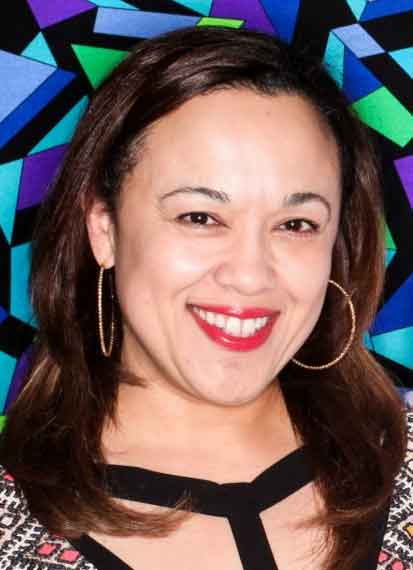Featured in the current Reader, Anne Focke documents two important meetings in the 1980s that brought hundreds of people together to discuss Creative Support for Creative Artists.
Steve's Blog

The National Assembly of State Arts Agencies board of directors has announced the appointment of Pam Breaux as NASAA’s chief executive officer, effective July 6, 2015. The national search effort was conducted with the assistance of Arts Consulting Group. A native of Lafayette, Louisiana, Breaux has held leadership positions at the local, state and national levels. She currently is completing her appointment as assistant secretary of the Office of Cultural Development at the Louisiana Department of Culture, Recreation and Tourism (CRT). She is a former secretary of CRT and was executive director of the Louisiana Division of the Arts. During her time at CRT, Breaux led the state’s cultural economy policy efforts, developed the annual World Cultural Economic Forum program and spearheaded the state's attainment of UNESCO recognition of Poverty Point as a World Heritage site.
The Art X Culture X Social Justice Network is based on the power of art and culture to advance social justice by inspiring collective action across identities, issues, sectors, geographies, and power imbalances. It works to bring together artists, activists, cultural bearers, and philanthropists. Check out their new web presence at artculturejustice.com.
Nonprofit Finance Fund has done its annual analysis of data from the State of the Sector Survey. Of the 5,451 nonprofits that took the survey in 2015, more than 900 identified as arts and culture organizations. These groups represented a wide range of artistic disciplines, with top responses among Museums (15%) and Theatres (13%). An in-depth Special Supplement on the Arts & Culture Sector is also available.
From Eileen Cunniffe, writing for Nonprofit Quarterly:
An extraordinary new report Building Community Through Innovation in the Arts, written by Brett Sokol and creative directed by Gavin Strumpman, has come from the John S. and James L. Knight Foundation:
In February, Carlton Turner, executive director of Alternate ROOTS, addressed the National Theater Project on the subject of racial equity in the arts:
From Alex Daniels, writing for The Chronicle of Philanthropy:
Featured in the current Reader, excerpts from a presentation on activating public space that Roberta Uno delivered at the Creative Time Summit.
The Cultural Data Project has released a new report, Bridging the Capacity Gap: Cultural Practitioners’ Perspectives on Data, which shares findings from five town hall meetings conducted as part of its ongoing conversation with cultural practitioners about how data can be used to improve the health and effectiveness of the arts and cultural sector.

